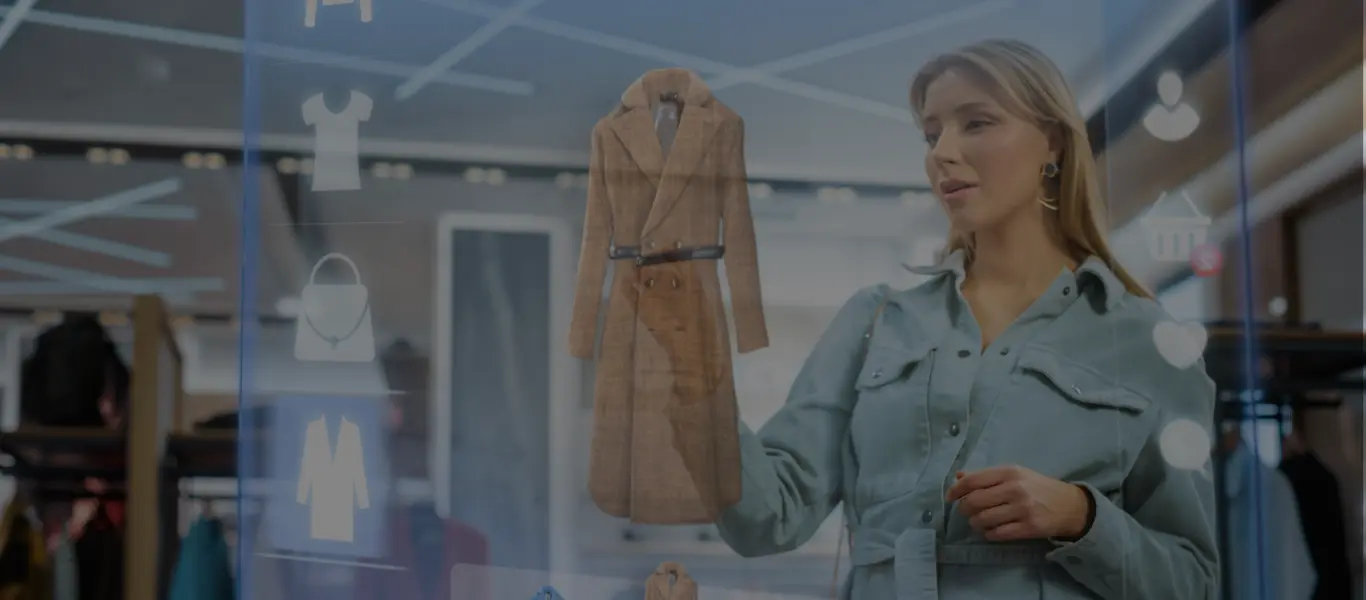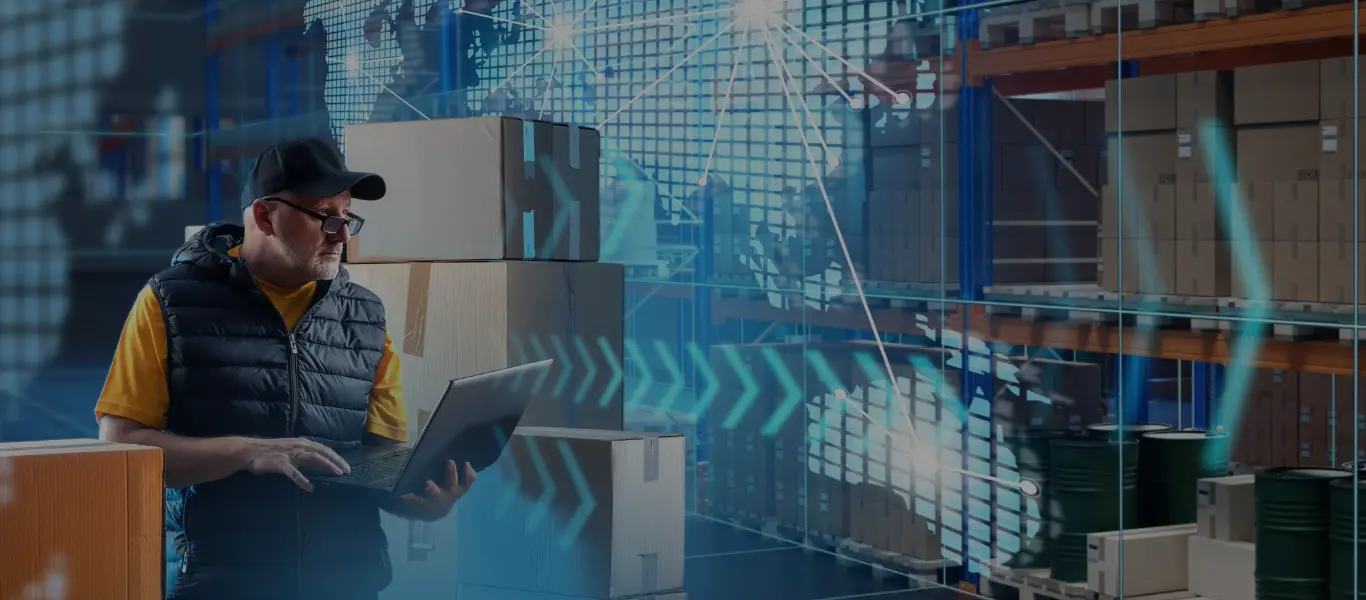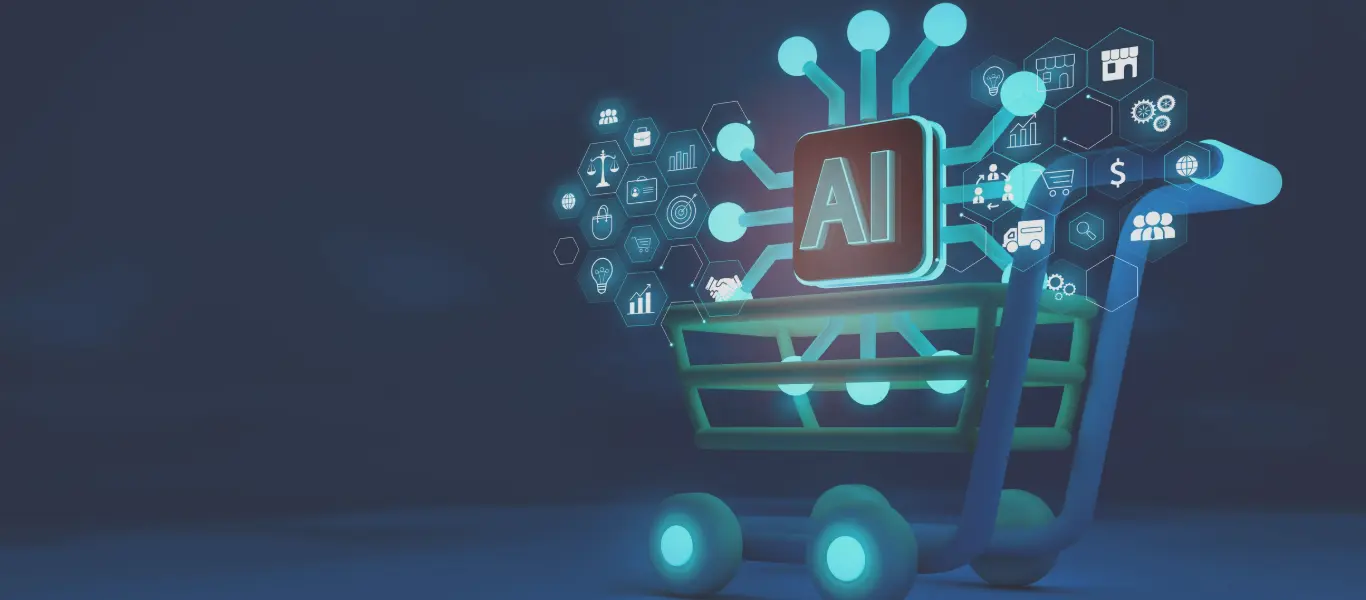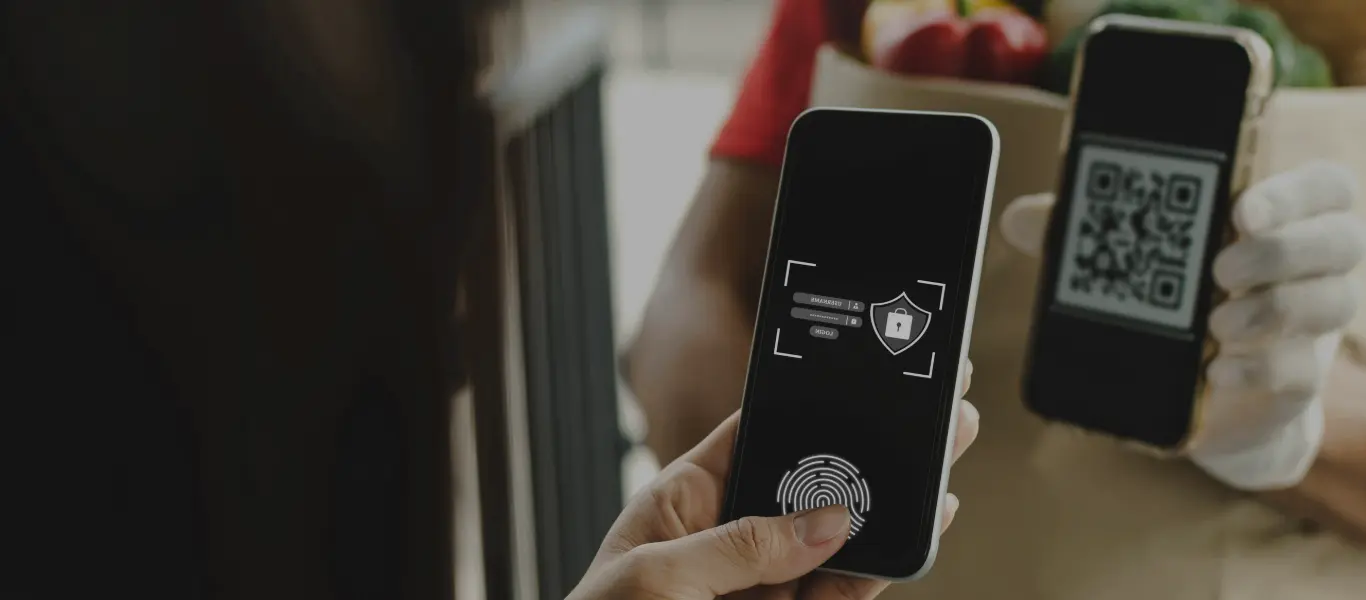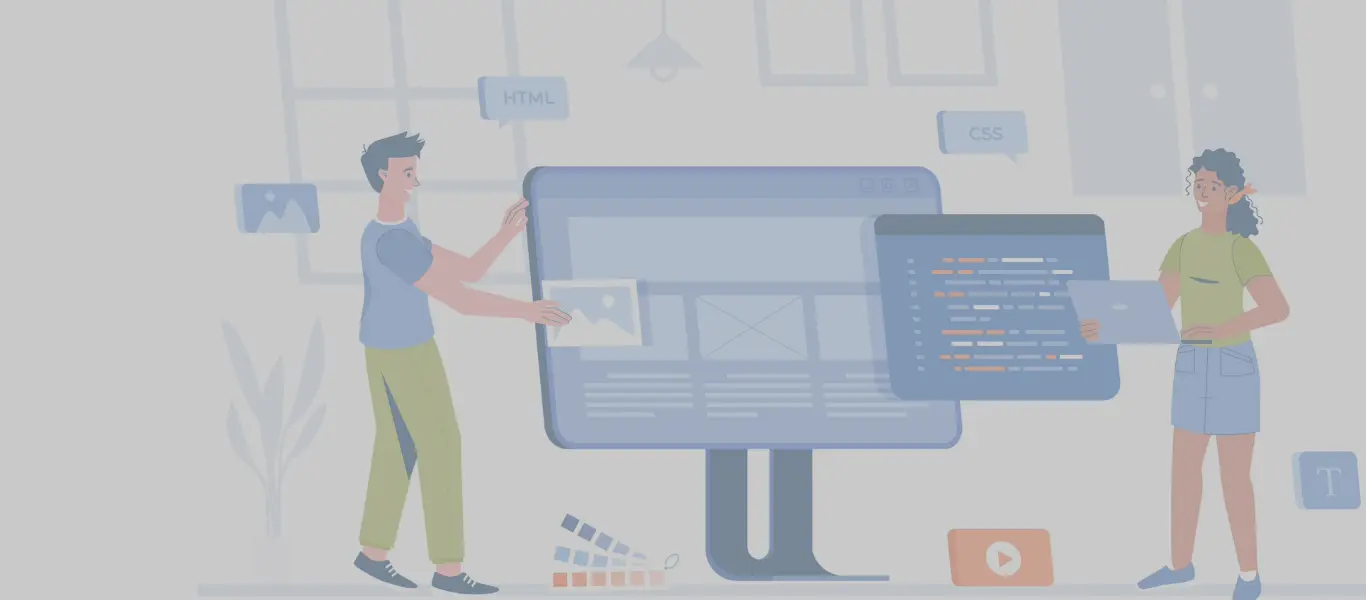With increasing competition in the online space and evolving consumer behavior, stores must do more than just sell merchandise to compete effectively. Delivering an exceptional in-store experience has become the single most crucial factor for retailers in driving store traffic, boosting sales, and fostering repeat visits. 88% of customers now say the experience a company provides is as important as the product it sells1 – the highest it’s ever been.
Considering that nearly three-quarters of consumers also say they’ve switched brands within the past year, stores must employ proactive strategies and technology to improve the retail customer experience to grow and retain their customer base. Companies with high digital maturity are generating the highest total returns2 to shareholders – more than three times higher than companies that are lagging.
Here are five technology pillars retailers which help create a great in-store experience.
1. Data & Personalization
71% of consumers in a McKinsey study reported that they expect personalization3 and 76% are frustrated when it doesn’t happen. The retail industry has a long way to go to close the gap. However, that gap creates a significant opportunity for companies that get it right. McKinsey data also shows that stores that drive personalized shopping experiences can drive a 10% to 15% revenue lift.
At the heart of improving in-store experiences is data. Data analytics in retail can identify trends and optimize operations. The right data platform can also help optimize inventory and staffing levels, anticipate customer needs, and measure the effectiveness of various in-store strategies.
Data analysis can also measure the effectiveness of promotions and marketing campaigns to optimize performance.
Artificial intelligence (AI) and machine learning in retail can extract details from customer purchases and preferences to help you craft better experiences. AI is also being deployed for automating inventory management, supply chains, warehousing, order fulfillment, and shipping.
2. Automation
Automation has become an indispensable retail technology solution to drive personalization and just about every other backend function. Retail automation can manage inventory in real-time, bringing together offline and online sales channels to reduce stock-outs, set automated reorder points, and manage safety stock levels. Digitization of the sales process and automation can help reduce waste and dead stock by analyzing consumer buying habits.
Automation in the form of self-checkout kiosks can reduce labor costs and always improve the customer experience by letting shoppers skip the lines and complete purchases faster. It is growing quickly, already accounting for nearly 40% of checkout options4 in grocery.
By automating processes, retailers can also improve system performance and reliability, reduce errors from manual input, and free up associates to provide more individualized assistance to shoppers.
3. Mobile
Today’s consumers are shopping on mobile whether they are online or in the store. Providing customers with mobile apps that can offer personalized recommendations, promotions, or in-store guidance can improve the experience. Mobile technology in retail includes:
- Utilizing portable/mobile point of sale (mPOS) devices to provide speed and flexibility
- Enabling mobile payments to improve the checkout experience
- Encouraging self-service, self-checkout, and app-based checkout
- Creating a seamless shopping experience across online and in-store channels through mobile integration
Mobile technology also puts the information store associates need to check on inventory and customer queries on handheld devices wherever they are in the store.
4. Augmented Reality (AR) and Virtual Reality (VR)
Leverage AR and VR technologies to enable virtual try-ons, interactive product demonstrations, and enhanced visualization, allowing customers to make informed purchasing decisions and have immersive shopping experiences.
5. Unified Commerce
Integrating various sales channels, such as online, mobile, and physical stores, to provide a unified and consistent omnichannel experience, for customers across all touchpoints. In addition, more retailers are using stores as fulfillment centers and shipping direct to customers.
A unified platform allows greater functionality in a more streamlined manner and also has a significant upside when it comes to revenue. By creating new ways to discover and explore products and by helping to fuse physical and virtual product experiences in more meaningful ways, retailers can provide more options for customers.
Looking for a free assessment of your Store Systems?
Crafting a great in-store customer experience with technology
Creating great customer experiences requires prioritizing store modernization initiatives such as POS upgrades and modernization, app-based checkout, and other technology to support the five pillars. Retailers need to foster closer collaboration between business, product, and tech to create a seamless and inviting customer experience. This requires building a unified commerce experience, enhanced brand experience, data collection, and an energizing store environment. Creating the store of the future demands a holistic approach to customers that is embedded in every aspect and every interaction.
SkillNet Solutions is an industry leader in providing consulting and technology solutions for retailers who are digitally transforming their business to modern commerce and creating great customer experiences. SkillNet has experience in transforming more than 112,000 retail locations in 263 countries. Contact SkillNet today and talk to one of our retail consulting and technology experts.
References
- https://www.salesforce.com/news/stories/customer-engagement-research/
- https://www.mckinsey.com/industries/retail/our-insights/breaking-the-code-unlocking-digital-and-analytics-at-scale-for-consumer-goods
- https://www.mckinsey.com/capabilities/growth-marketing-and-sales/our-insights/the-value-of-getting-personalization-right-or-wrong-is-multiplying
- https://www.grocerydive.com/news/self-checkout-grocers-shoppers-catalina/636087/


